Thought provoking

Remember the next time U're facing a difficult decision !
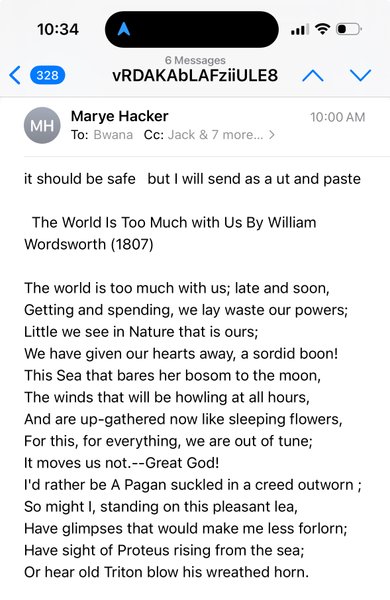
Classic lines fm Wm Wordsworth

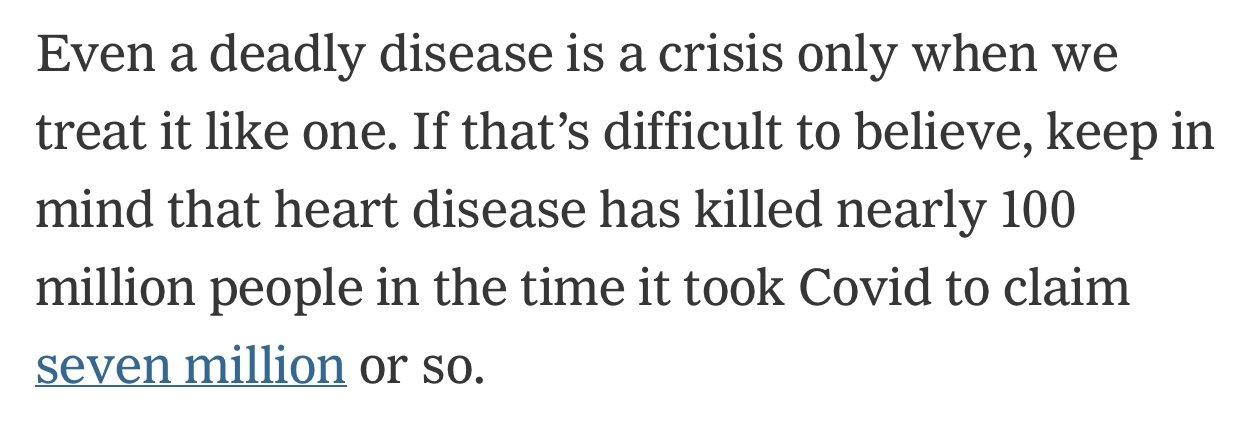
"Context is everything" we might say - but is it really? Or is this a story of frequency leading to normilzation?
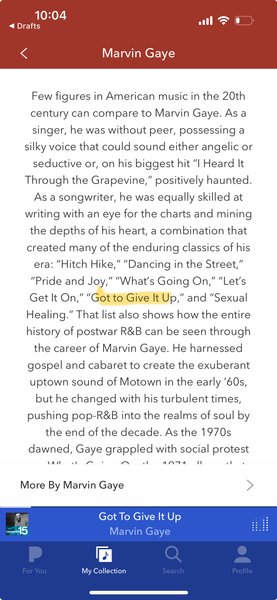
Marvin Gaye’s “Got To Give It Up”, in it’s various incarnations, is one of the funkiest, grooviest products ever to come out of the Motown machine, or for that matter, ever to come out of American Soul. Play it at my funeral!
Nikolai Fyodorovich Fyodorov (Russian: Николай Фёдорович Фёдоров; 9 June 1829 – 28 December 1903), known in his family as Nikolai Pavlovich Gagarin, was a Russian Orthodox Christian philosopher, religious thinker and futurologist, library science figure and an innovative educator. He started the movement of Russian cosmism which was a precursor of
... See more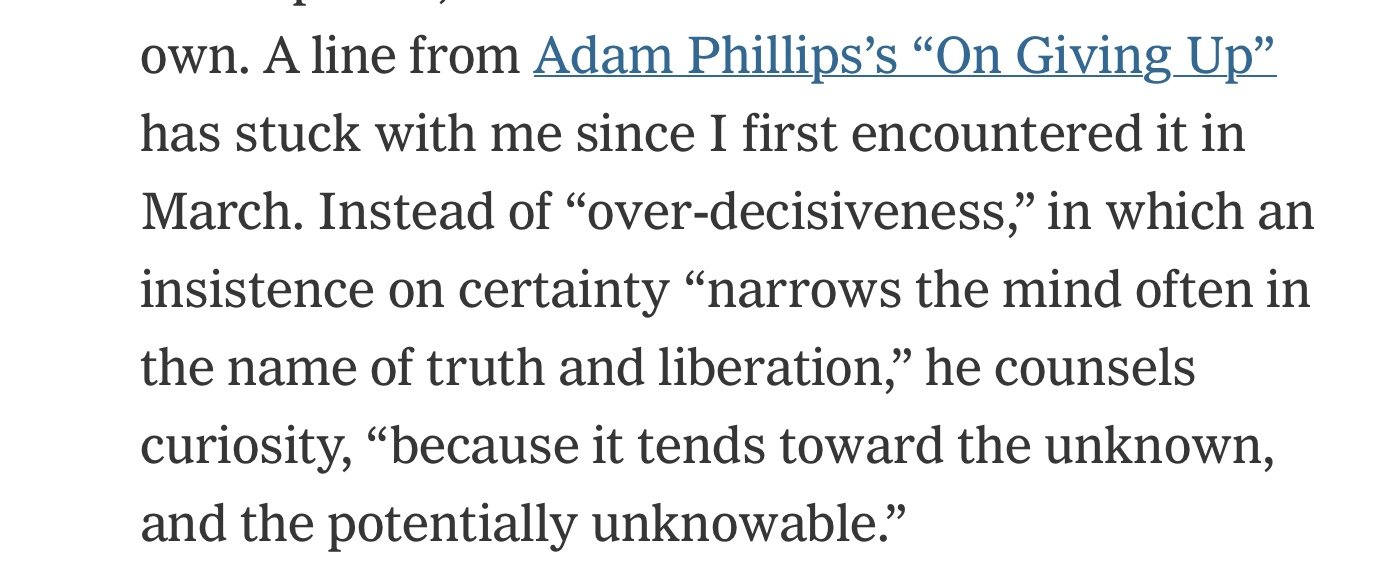
On the value of curiosity, versus self-assurance
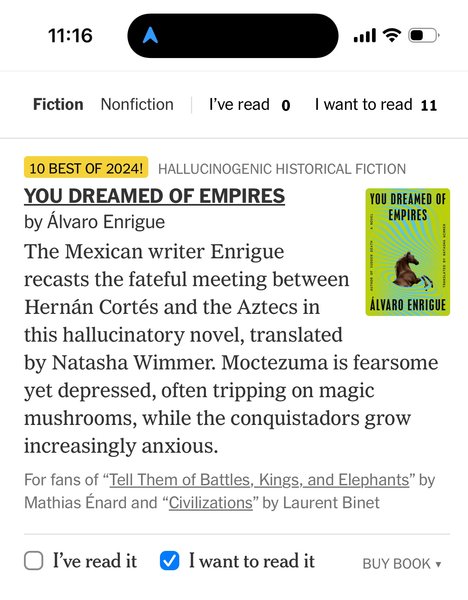
Sounds like a barn-burner of a premise, color me intrigued

William Butler Yeats, perhaps his most famous work, The Second Coming. Most quoted are the lines 3 thru 8.
ChatGPT gives us this history & context:
The Second Coming was written in 1919 and published in 1920. It was composed in the aftermath of World War I and during the early stages of the Irish War of Independence, both of which deeply influenced W.B. Yeats. The poem reflects his sense of foreboding about the political and social upheavals of the time.
Historical Context:
1. World War I (1914–1918): The war devastated Europe, leading to widespread disillusionment and a loss of faith in traditional structures such as religion, monarchy, and societal order.
2. Irish Struggles: As an Irish nationalist, Yeats was witnessing the turmoil in Ireland as it sought independence from British rule, culminating in the Irish War of Independence (1919–1921).
3. Global Chaos: The Russian Revolution (1917) and the subsequent rise of communism, along with other political revolutions worldwide, contributed to a sense that the old order was disintegrating.
Personal and Symbolic Context:
• Yeats was influenced by his interest in mysticism and the occult. He referred to Spiritus Mundi (the collective soul of humanity) as the source of the apocalyptic vision in the poem.
• The “widening gyre” reflects Yeats’ theory of history as cyclical, with periods of order inevitably giving way to chaos. He believed the world was moving from one such cycle to another, heralding a new, darker era.
• The “rough beast” slouching toward Bethlehem symbolizes a violent, uncertain future, possibly reflecting Yeats’ fears of emerging totalitarian ideologies and societal decay.
The poem captures the pervasive anxiety of its time, while its themes of upheaval and uncertainty continue to resonate in modern contexts.